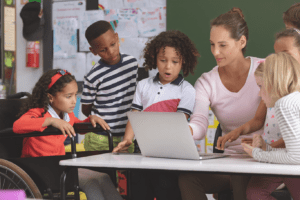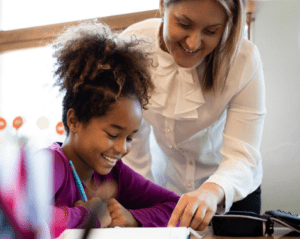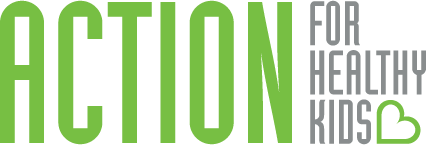This resource provides descriptions of various roles within many public school districts. Each district is different, however, and your child’s school might be supported by a different team of professionals. Additionally, these are just some possible key staff; there are many people within a district and school that can contribute to your child’s school experience.

Administrative Team
- Superintendent: Leads the school district and makes decisions about strategic planning, budgets, district-wide policies, community relations, and how to support students and staff.
- Principal – Leads an individual school, including supervising and evaluating teachers and staff, improving the school’s culture, connecting with parents and the community, handling crisis situations and behavioral interventions, and supporting curriculum development.
- Director of Special Education – Leads the special education department. Responsible for making sure that students with special needs get high-quality, personalized support and services. Also makes sure that policies and procedures meet legal educational requirements and oversees the Individualized Education Plan (IEP) process to be sure that best practices are being followed.
Special Education Team

- Social Worker (SW) – Supports the social-emotional development of students by helping to create a supportive and inclusive environment for everyone. May work one-on-one or in small groups to help students with topics such as anxiety, peer conflict, and grief. Help to identify the causes of challenges at school including family issues, mental health concerns, or trauma and help to develop intervention plans to address those challenges.
- Occupational Therapist (OT) – Helps students develop their fine motor skills, sensory regulation skills, and other skills for daily living. May work one-on-one with a student, or with a student’s teachers or family to develop other ways to support skill-building.
- Physical Therapist (PT) – Evaluates a child’s gross motor skills like strength, balance, coordination, and mobility and helps determine if the child needs assistive devices or mobility aids to participate in school activities.
- Speech-Language Pathologist (SLP) – Assesses a student’s communication abilities, including how they form words and sounds and understand and express language. May provide one-on-one or small group support, and may work with families and teachers to support the child’s communication development in and outside of school.
- Special Education Teacher: Provides specialized instruction and support to students with diverse learning needs and abilities. Design and implement individualized education programs (IEPs). Modifies and adapts curriculum materials to make them accessible to students with diverse learning needs. May use specialized teaching techniques, instructional materials, and technology to help students learn and succeed in the classroom. May also be called: Teacher Consultant, Resource Room Teacher, Self-Contained Classroom Teacher, or other district terms.
- Paraprofessionals – Provides support to teachers and students in educational settings. May work with individuals or small groups of students by providing additional explanation, reinforcement, or clarification of concepts during or after classroom instruction. Also implements behavior management plans, IEPs, and 504 plans.
Other Important Student Support Personnel

- Guidance Counselor – Assists students in setting academic goals, choosing which classes to take, and planning their academic paths. May provide individual and group counseling, help students navigate personal challenges, and help promote positive school culture.
- Reading Specialist/Interventionist or Literacy Coach – Focuses on improving students’ reading skills and fostering a love for reading. Assess students’ reading abilities to identify their strengths, weaknesses, and needs. Develop individualized reading intervention plans.
